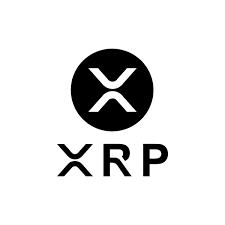One crypto legal expert has weighed in on the ongoing legal battle between the U.S. Securities and Exchange Commission (SEC) and Ripple Labs.
Attorney and XRP supporter Jeremy Hogan recently took to Twitter to explain to his 263,300 followers why he believes the SEC has not proven that XRP is a security in the regulator’s lawsuit against Ripple Labs.
The SEC filed a lawsuit against Ripple in late 2020, claiming that the company sold XRP as an unregistered security. However, Hogan argues that the SEC has so far failed to prove that there was a contract of investment for investors in XRP, which is one of the key features of a security according to the Howey Test.
Hogan explains that XRP can only possibly fit under the definition of an “investment contract” under the legislative definition of a security. He argues that XRP is not a stock or bond, and even the SEC concedes this.
“In the Ripple case, the SEC has failed to argue that there was an implied or explicit contract of investment. Instead, it argues that the purchase agreement is all that is required – and that is all it proves. But that argument tears the ‘investment’ from the ‘contract’… As a simple purchase, without more, cannot be an ‘investment contract,’ it is just an investment (like buying an ounce of gold) as there is no obligation for Ripple to do anything except transfer the asset,” Hogan explains.
Hogan goes on to explain that securities laws were not created to prevent investors from making bad decisions but to require that companies make certain disclosures regarding the contract that the purchaser is entering.
The issue, according to Hogan, is not whether Ripple used money from the sale of XRP to fund its business, but whether the SEC has proven that there was either an implied or explicit “contract” between Ripple and XRP purchasers relating to their “investment.” Hogan argues that there was no such contract.
At the time of writing, XRP is worth $0.50. The legal battle between Ripple and the SEC is ongoing, and it remains to be seen what the outcome will be. However, Hogan’s analysis provides an interesting perspective on the case and raises questions about the definition of security in the context of cryptocurrency.



